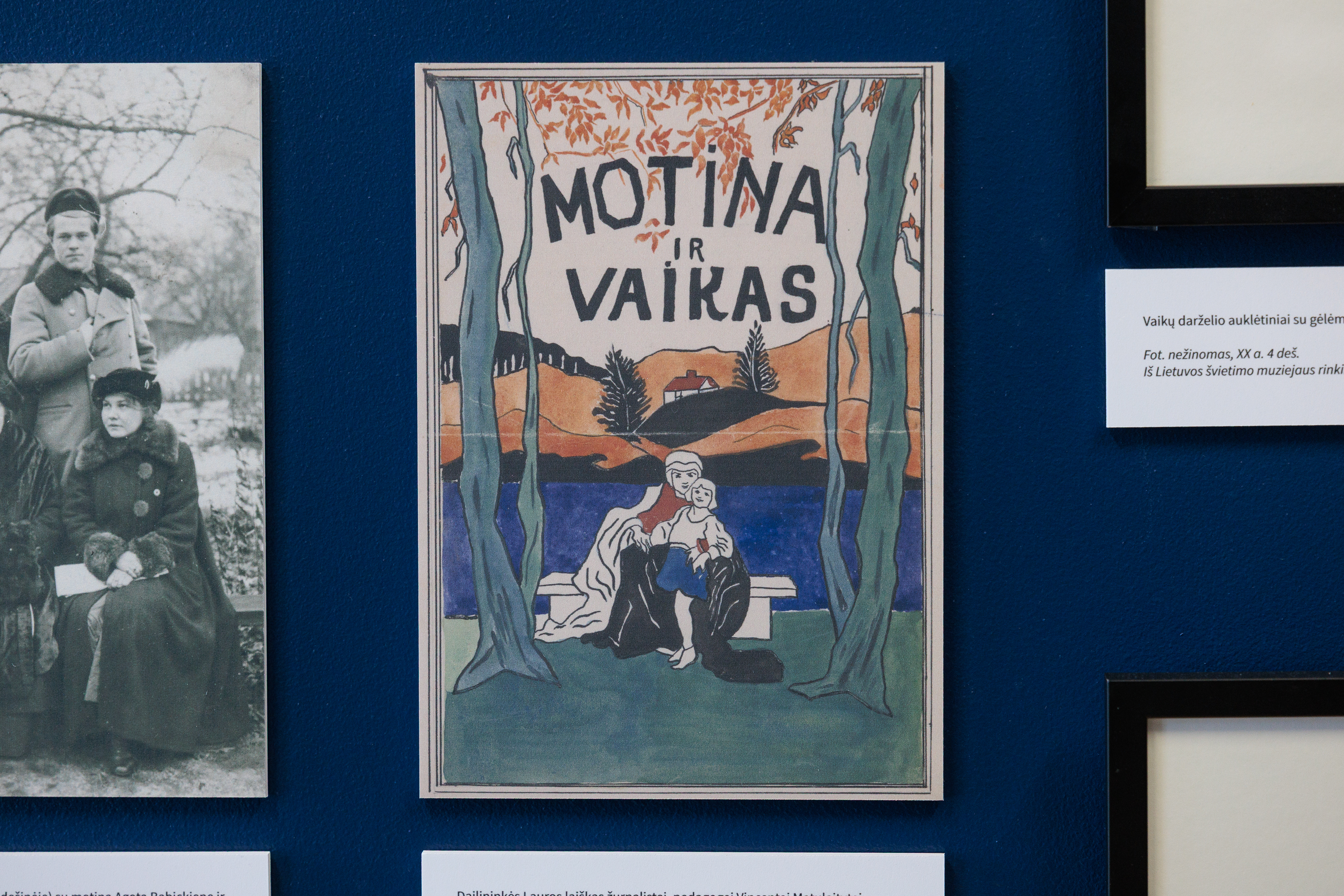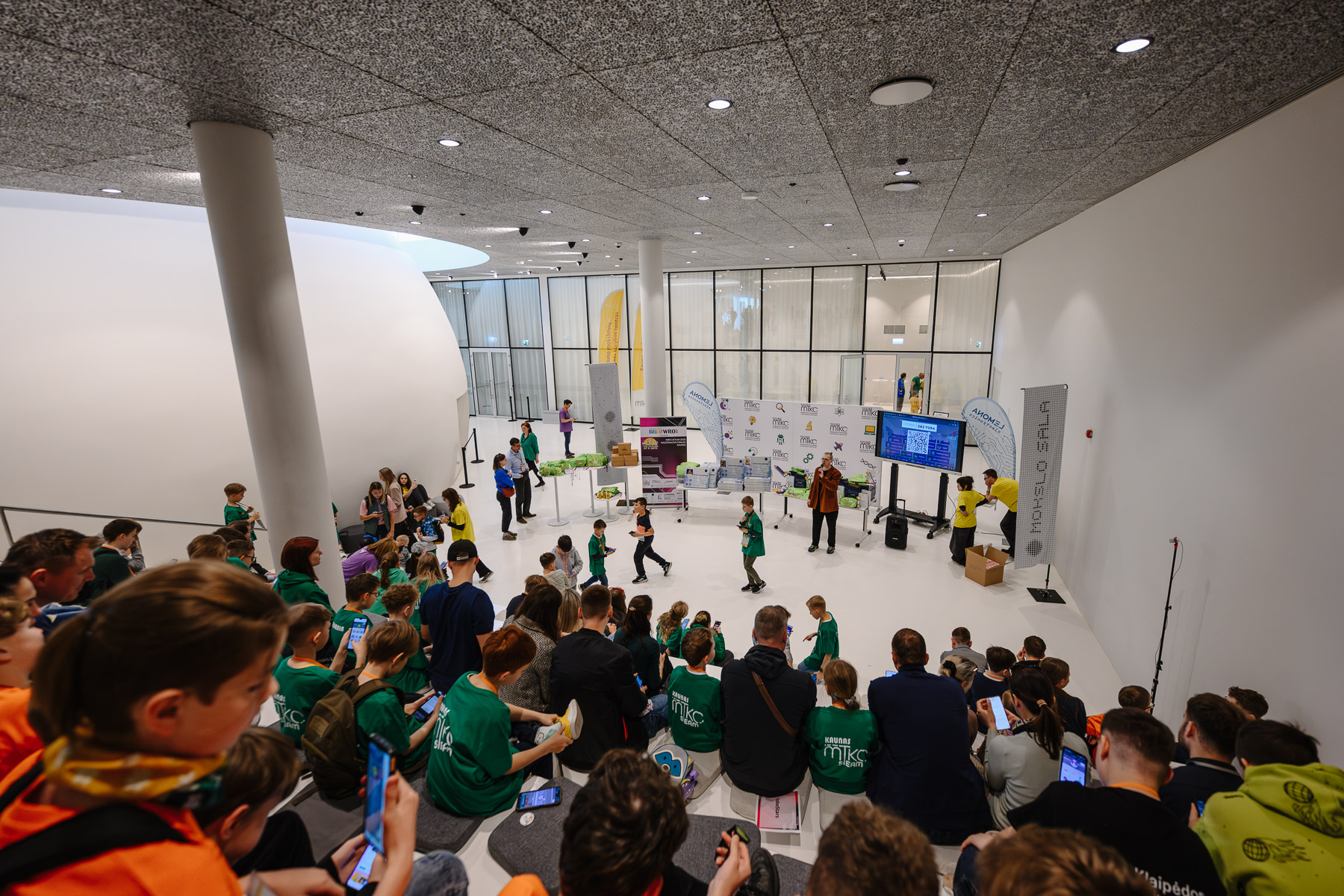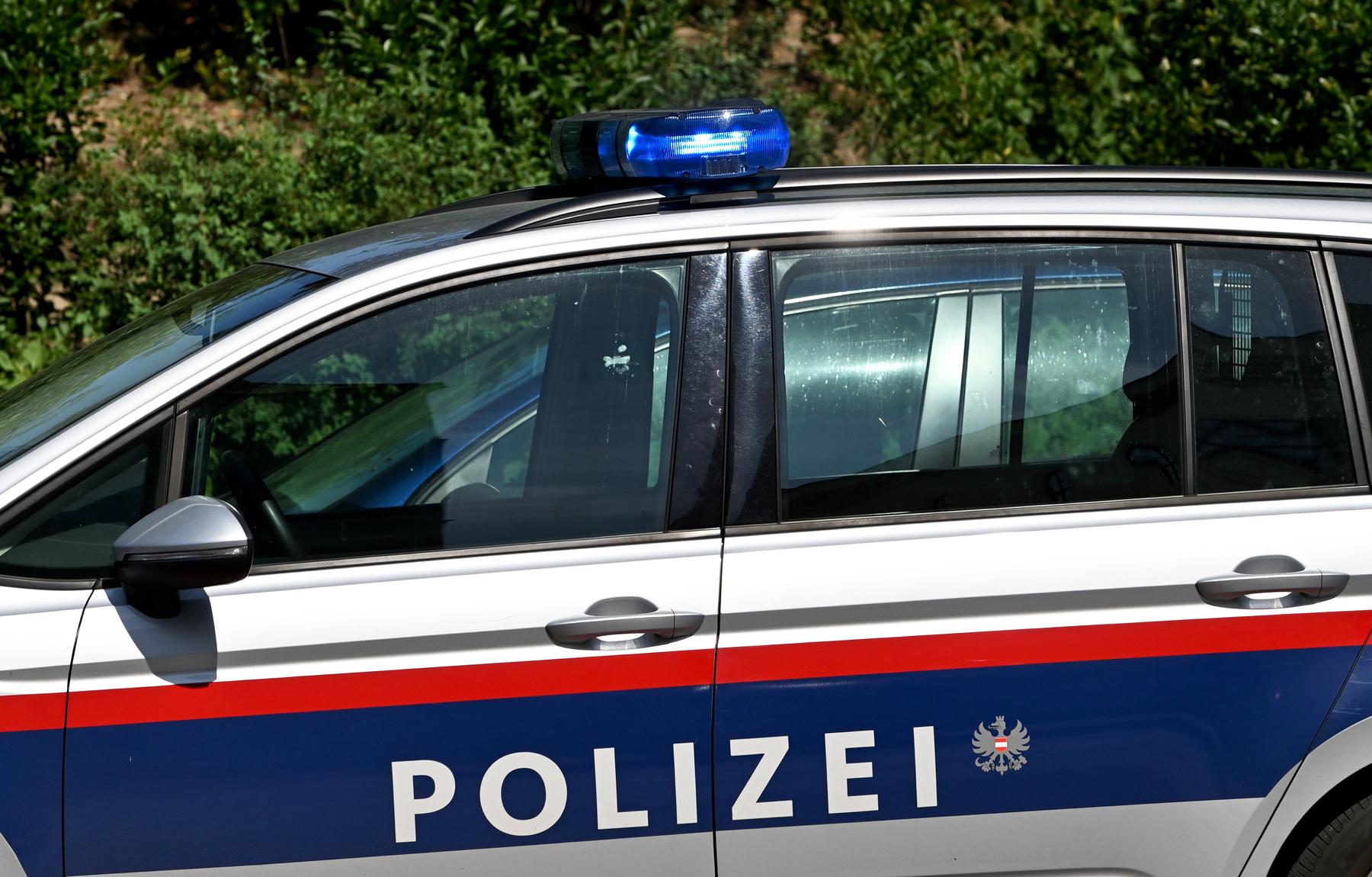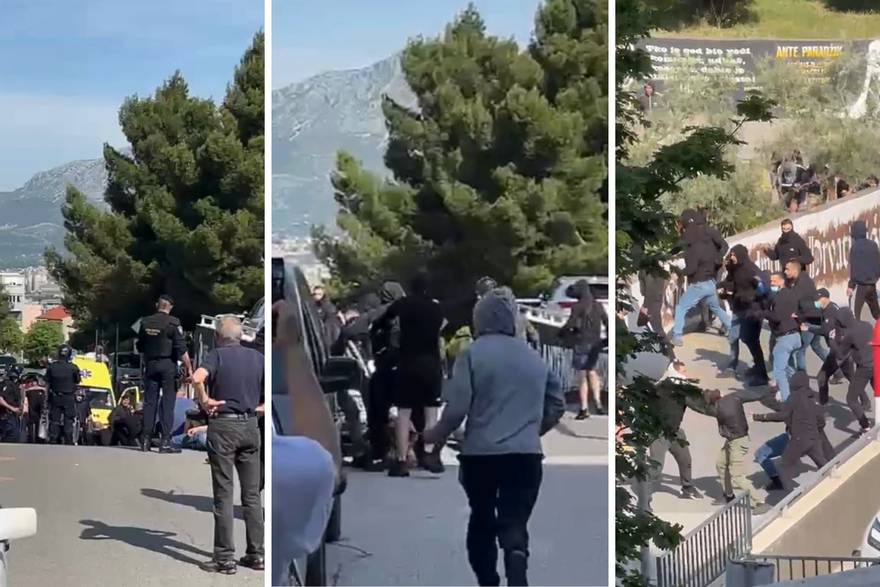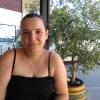Peter Plumpa – the hero of the unjustly strong freedom fight
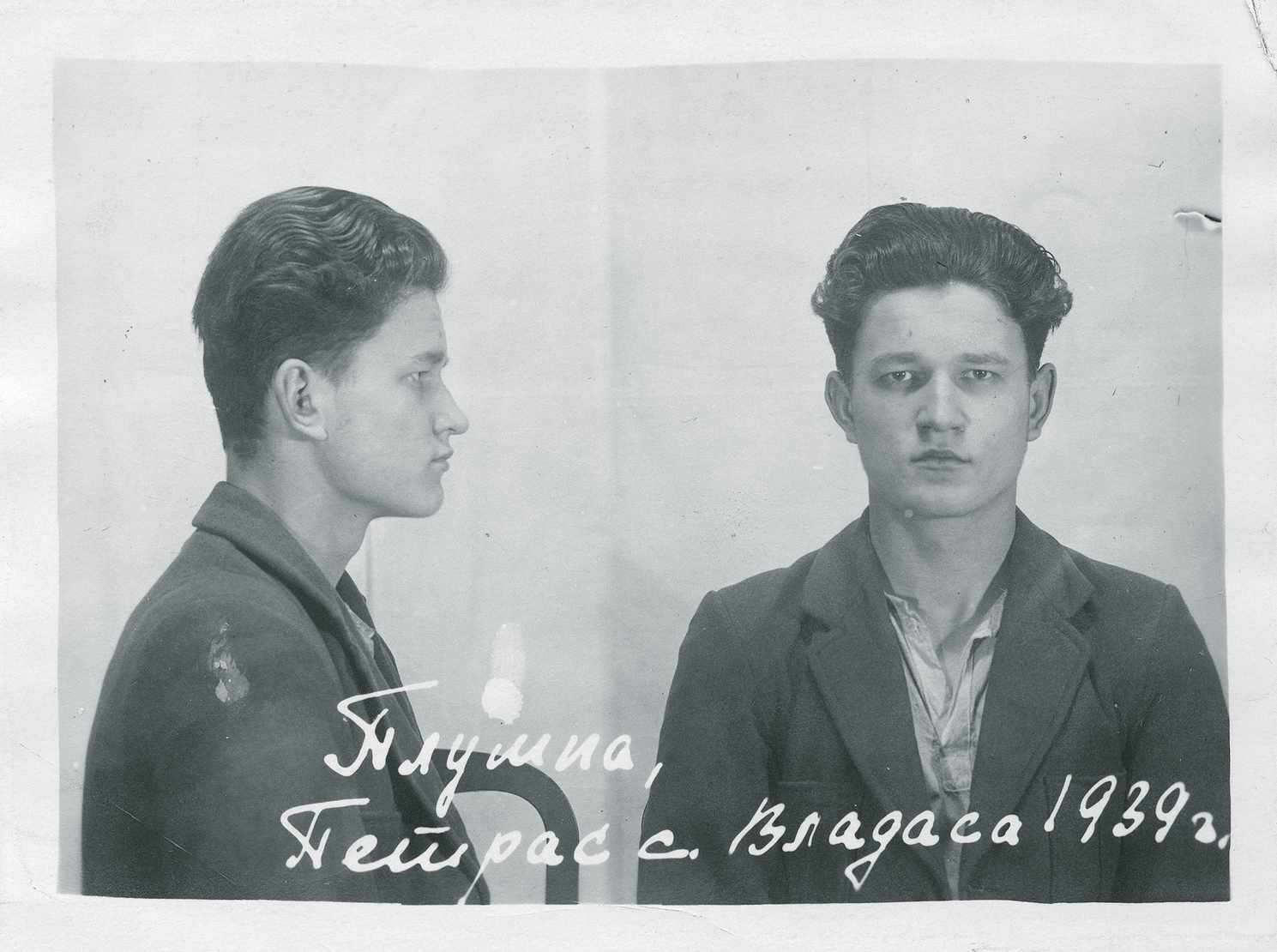
This time we invite you to a fragmentary acquaintance with P. Plumpa – a bold fighter and thinker of strong beliefs, deep faith. Some of his life and underground activities are also related to the city of Kaunas, but everything from the beginning is very interesting to look for roots, how freedom fighters are born and grow.
Patriotic environment
P. Plumpa was born in 1939. In Suvainiškis, Rokiskis County, a believer in a patriotic family. His older brothers were guerrillas, his father in prison in Gulags.
The environment and the era P. Plump as if he were preparing for underground activities. He remembers how the house had searches and hackers were still taking something. The whole Soviet environment was unbearable and angry. P. Plumpa’s home was rich in pre -war patriotic press, which he was constantly reading and reading.
The eighteen -year -old came to live in Kaunas and found a job at Petrašiūnai thermal power plant. Together with his fellow A. Susnis, he established the organization « Freedom for Lithuania » and distributed his calls. A year later, on the eve of February 16, he raised the Lithuanian tricolor on the Petrašiūnai Power Plant Tower. In the same year, he was arrested and sentenced to seven years.
« On the eve of New Year’s Eve, a member of the Vilnius group Č. Kučinskas came to Kaunas. In the evening we went to the city. The calls were scattered or attached to Stulos Kestutis, Donelaitis streets, bus station, Aleksotas Bridge, bus stops, passers -by. The Faculty of Civil Engineering of Kaunas Polytechnic Institute), where the student’s festive evening took place.
Meanwhile, in Kaunas on February 15th. In the evening we went to Petrašiūnai with A. Susnis, N. Gashkaitė and B. Putrimaitė. I had offered to raise a tricolor on a 80 m high electric chimney because, as an employee, I had permission to enter the power plant territory. When I climbed into the chimney, I tied the flag at its top. Other friends waited in the street. We all returned to Kaunas by bus, but along the way I jumped out of the bus and went to my dormitory. The next evening we and A. Susnis distributed the calls on the streets of Kaunas. The flag was noticed only in the morning before nine, and the Chekists took another hour to remove it, ”the book reads.
Repression: P. Plumpa, a member of the underground youth organization « Freedom for Lithuania », arrested in 1958. in March. / Photo by the Lithuanian Special Archive
Will and character
The camp’s daily routine was cruel, hard to imagine from today’s perspective. But hard work, lack of food, and terrible environment united prisoners to share not only their food but also similar thoughts and ideas.
« Prisoners were first convicted of anti -Soviet agitation and propaganda (mainly young people), were also assembled into a single camp to prevent the religious and ideological » yeast « of old political prisoners. I was assigned to this category. Once a week, camp officers had to conduct a lesson in the ideological re -education of prisoners. Khrushchev’s atheist « argument » looked ridiculous that Soviet astronauts did not find God in the sky. It seems that Khrushchev, a primitive Soviet education, could not imagine a different god but just a bearded grandfather sitting above the clouds and creating a world. It was with such God that he fought. At the time, some prisoners had foreign books published in Russia, including the book « Psychology and the soldier » by British Military Chapland N. Kouplend (Norman Copeland. Psychology and the Soldier, 1942), which deals with the moral education of the soldiers. Some thoughts have proven to be very significant, for example, that without strong beliefs, people cannot have a strong character, or that an indifferent person cannot be a person of great will. These are essential thoughts for the maturation of personality, but how do I implement them without elementary conditions? Communists especially protected young people from anti -communist propaganda. Man matures throughout his life, which requires not so much physical as intellectual and moral conditions. These elementary opportunities, especially the means of spiritual education – religious literature and communication with the old intelligentsia and clergy – were trying to limit the prisoners. It was a fundamental human imprisonment. So in 1960. The camps’ administration decided to distinguish young prisoners from the old ones so that the latter would not interfere with the communist education of the younger generation. After that we were transferred to camp no. 3, and later to no. 17. For involvement in the Prison Strike in 1961. For six months I entered the strict regime camp no. 5., ”Plumpa shares memories in the book.
Chameleon before the KGB
From the camp P. Pluma returned to his homeland and moved to Kaunas a few years later. Worked at the Institute of Agriculture Construction Design, and illegally reproduced the catechism and other religious literature. Later, he moved to illegal life, registering his marriage, did not want to draw the attention of the authorities, so he changed his surname to Pluir and was engaged in the printing of the underground press. Since 1972 Invited by priest Sigitas Tamkevičius, he became involved in the publishing and distribution of the Chronicle of the Catholic Church.
« Living conditions in the hiding place Kalniečių g. 113 were heavy, as hot pipes were warmed up all year round. In addition, acetone was used to capture the print text, which evaporated all -time; I returned to the home for a month or two, and it was difficult to leave the houses in a family dormitory. the work of spies, earning 160 rubles a month for the KGB. Their task was to watch my arrival and departure. From the dorm to the conspiratorial apartment Kalniečių str. 113 A straight line was no more than 500 meters, but it took half a day or night to enter it without « tails ».
KGB agents began to follow intensively since 1972. summer, when the first license plates of the LKB Chronicle appeared. Physically, they did not touch me, hoping to trace my way to the editorial office of the Chronicle. So, to get out of shallow and get into the hiding place, you had to spend a lot of time. I usually left Basanavičius avenue from my apartment in the evening because it is easier to throw my feet in the dark. First I went to church, after the worship, I went quietly at the stop and sat on a bus or a trolleybus carrying home. But on the way, I suddenly got off and disappeared in the yards between houses or shrubs. The surprise, the change of appearance was important means. Perhaps that is why the Kagebeists were nicknamed « chameleon » in my own tracking case. My « methodology » was quickly understood by the Chekists and turned on to work as a whole group of shallows. But quite soon, I started to recognize those shallows because I started to notice the same faces in different situations. Such recognition helped to hide successfully from them. Once upon a time, the city was so intense that I couldn’t get rid of the « tail », so I decided to leave the highway. I was sitting on the bus towards Prienai, and when I left the highway, I was closely watched by the passengers boarding and getting off. I noticed that nobody was going to climb from the bus, so when I opened the door, I suddenly got up and got off. However, to my surprise, there was already a shallow of my previously observed at the stop. What’s more, she urgently went out on the carriageway and began to stop the arriving Volga. This meant that the KGB operatives disembarked their shallows at the stops even before the bus came. There was nothing left to turn from the highway to a large roadside garden. In the dark, I went about a kilometer in the dark before I came up with water. For a while, I went with water to prevent the dog from being traced after all. However, soon I heard the helicopter coming. It may have been intelligence from Aleksotas, who can easily spot a person with night vision devices. I had to hide behind the trees. After waiting for the helicopter to disappear, I pulled through the fields towards the Šakiai highway. After changing my clothes, wearing a completely different hat and glasses, I stopped a taxi on the Sakiai side and came to the city, ”says Plumpa, a hazardous dissident’s daily routine in the book.
1973 Mr Plumpa was arrested for the second time, accused of cooperation in the chronicle. He refused a lawyer, strictly refused to give testimony, explaining that the accusations were not at that address, he should blame the authority of not being a citizen of a state that deprives the elementary right to life.
P. Plumpa was sentenced to eight years in the perception of a strict regime camp. And in the camp, he constantly opposed, protested, strikes, was still penalized and imprisoned in reinforced regime cameras. 1981 Peter returned to his home in Kulautuva with his wife and three children.
A new spiritual vision
« In the summer of 1988, the steering group of the Reform Movement was established in Kaunas, and in September – Kaunas Sunday Lithuanian Culture School. At that time A. Patackas offered to share his thoughts with its visitors. the path of development of qualities. I used the statements of various ethnologists, linguists, clergy and my own long -term behavior of Lithuanians who are in difficult conditions. The purpose of the cycle of those lectures was to reveal the qualities of the Lithuanian soul, the colors of which were suppressed throughout the Soviet period, and especially to show the potential influence of Christianity on the treatment of injured national qualities and the spiritual revival of the nation. At the time, it was relevant when the communist ideology collapsed and the new spiritual vision had not yet emerged. There were quite a few listeners gathered at Sunday school, as many Christian worldview was a whole new thing.
1991 was morally heavy and bloody. On the morning of January 13, we joined the Kaunas TV building and went to Sitkūnai at night. With the occupation of Lithuanian radio and television, the broadcast from Vilnius ceased, but soon Sitkūnai radio stations were opened, the signal of which reached neighboring countries. Later, the images and information were conveyed by satellite to the world, so it was very important to defend this station. Many unarmed people (though some had metal bars) came together. It was horrible when at about three o’clock the cries were heard that Russian tanks were coming. People got up and moved unanimously to the road to obliterate the road to tanks – it seemed to have completely lost fear and a sense of security. Fortunately, the lorries were not tanks, but covered by the Samogitian highway. Thus, such a spiritual rise in people had surrounded not only the residents of Vilnius, but also the defenders of Lithuanian freedom in other cities. When people are no longer afraid of dense or death, the waves of freedom are no longer able to stop, « another passage from Plumpa’s book » Journey to Life « .
Reading it, not only the horror of imagining how strong the freedom fighters were in the underground, but inspiration, not only verbally, but also specific works and choices to create Lithuania and fight for freedom and independence.
Such is P. Plumpa – an inspirational hero, never emphasizing himself, solid, but in prayer and in relation to God seeking peace and answers, a lot of thoughtful and ironically laughing little -language.


